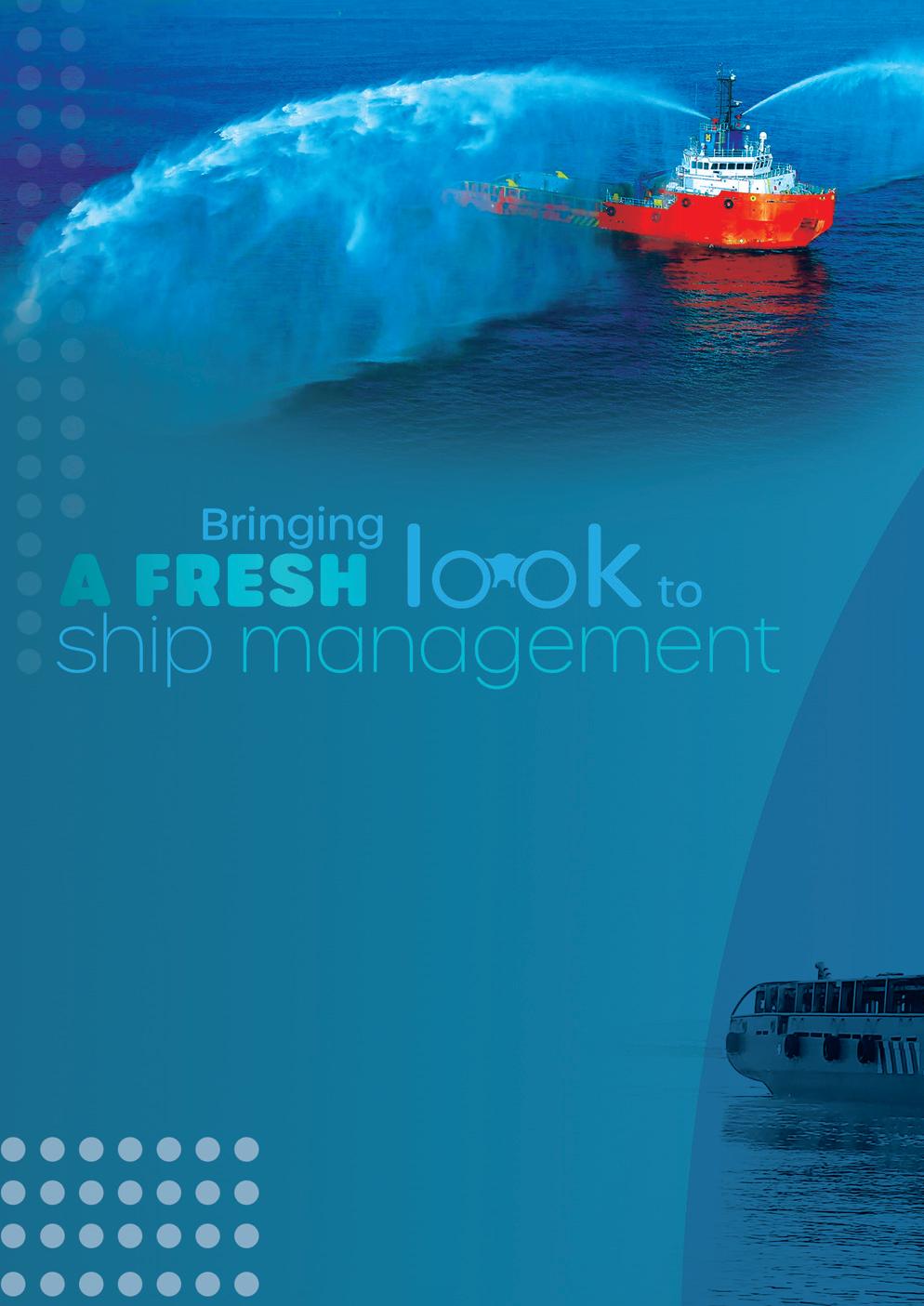
7 minute read
Bringing a fresh look to ship management
VIRIDIAN MARITIME I PROFILE
In the global ship management industry, Viridian Maritime is taking strides to deliver its services backed up by forward-thinking strategies that help exceed the expectations of vessel managers and operators. Founder and Managing Director Arvind Mohan gave Andy Probert an insight into the company’s business model, which also empowers seafarers to fulfil their potential.
Advertisement
Ship management is as old as the maritime industry itself. But the team at Viridian Maritime is bringing a fresh, modern and analytic approach to the sector.
Established in 2017, the Singapore-based company is a niche provider of integrated marine services and solutions. Vessel operations involve technical, crew and marine HSE management, project management, and services related to new building, conversions and lay-up. Asset management extends from tankers, bulk and containers to more complex and diversified offshore OSV, subsea, jack-up and lift boats.
Viridian’s team currently has several vessels of diversified portfolio under management, and every ‘business win’ not only reconfirms the company’s dynamic approach but also the fact that it is on the right track for growth.
Changing the equation
“When we established Viridian, our entire ethos was to change how ship management historically operated,” asserted its Founder, Arvind Mohan. “There was certainly a need for a breath of fresh air as to how assets are managed, how operational teams delivered on their promises to owners and the agreed operating budgets.
“We wanted to change the equation between owner and ship manager and go
beyond a purely transactional service to being partners in the real sense. We aim to act as managers but think like owners.”
He elaborated: “Transparency and trust are words that need to have real meaning behind them. Not just on paper or spoken about, let alone rarely delivered. Having worked with several established organisations, they were evidently lacking. We needed to change this outlook, with more tangible and measurable benefits.”
This extended to the validity of each team member’s experience, what they brought to the table, how cash flow was prudently managed, how KPIs were agreed, how forward-looking monthly management reports worked, and the snapshots given to stakeholders.
“This has made a difference and, with us being a niche service provider, we can exceed asset managers’ expectations. Changing that dynamic between owner and ship manager has enabled us to achieve well-defined objectives, made relationships stronger and growing more organically.”
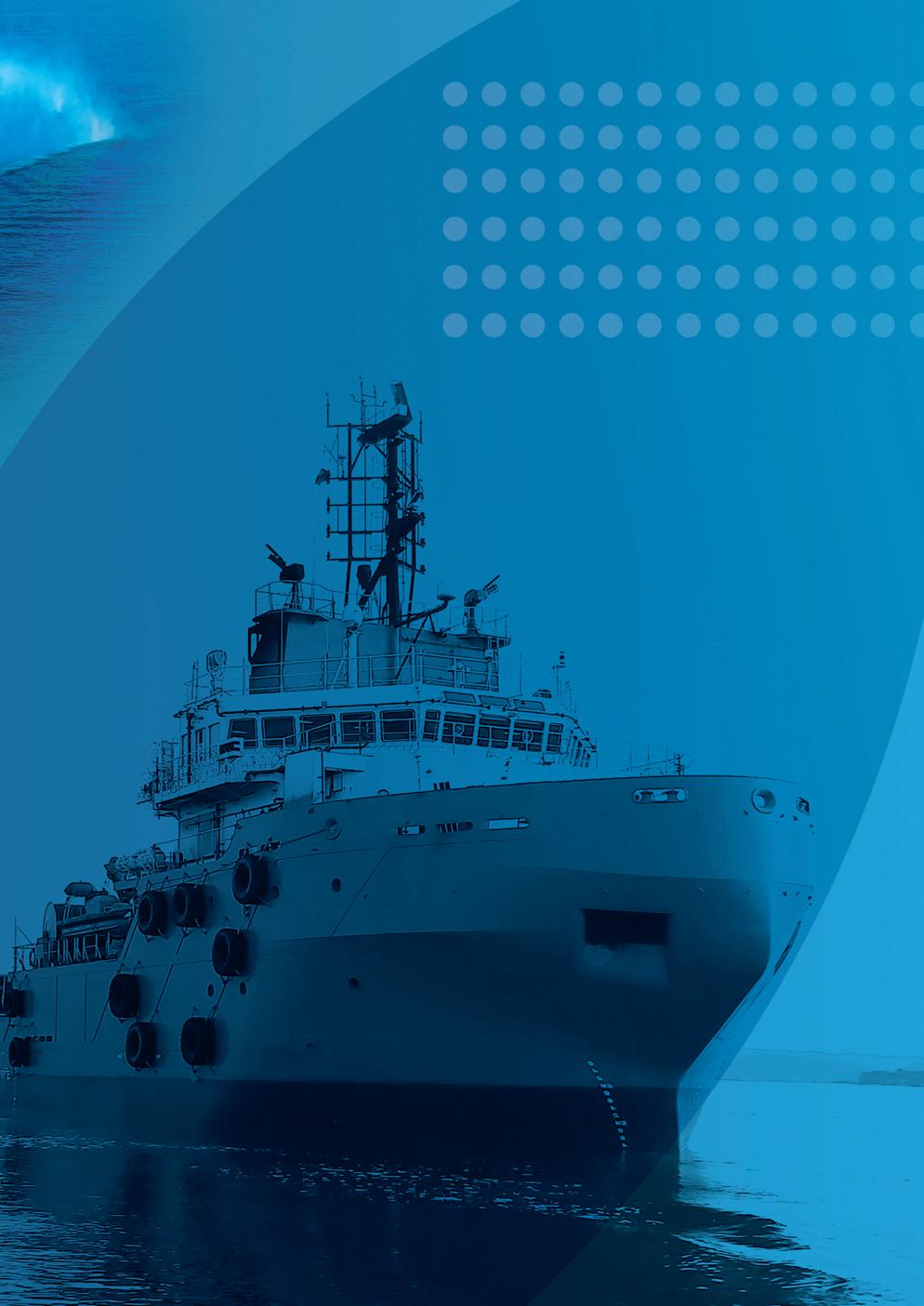
VIRIDIAN MARITIME I PROFILE
Mr Mohan certainly accumulated a wealth of experience before Viridian. He has about 30 years’ experience at sea and ashore, extensive international exposure working with owners and managers, and extensive maritime knowledge on a global scale.
After several years of discussions, Viridian Maritime worked further to establish rapport and credibility with its Japanese owners and founded a joint venture to manage their vessels.
“It was a significant achievement for the team and assisted our foray into the Japanese markets,” said Mr Mohan. “We continually work to deliver and exceed expectations in the true sense of what a partnership was meant to be.”
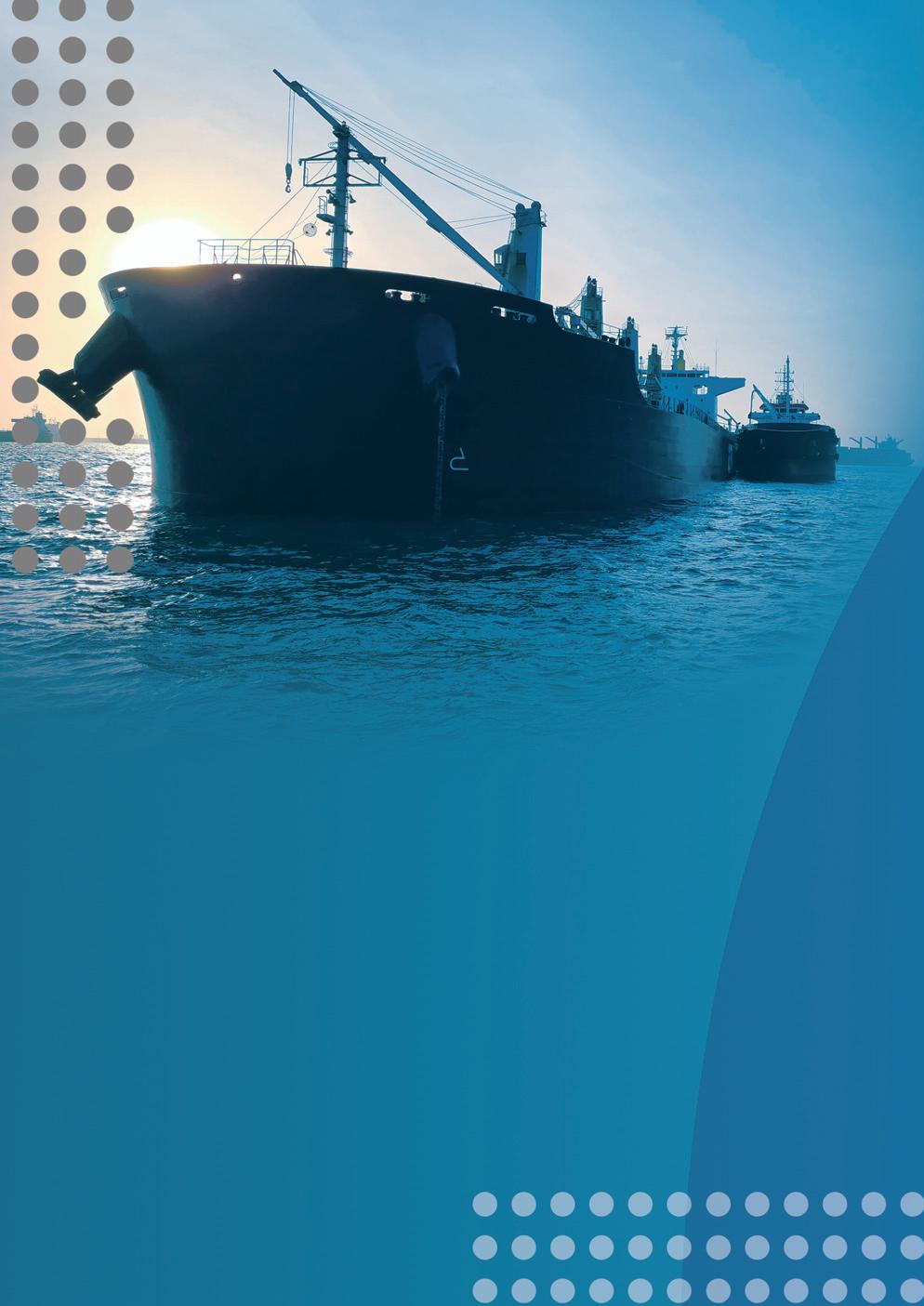
Going the extra mile
When pressed on what makes Viridian Maritime different from other ship management companies in the industry, Mr Mohan was brutally frank.
“Ship management market, in our view, is a ‘zero-sum balance’ service business. This means a ship manager with 500 managed vessels that faces an exit of ten vessels from its management effectively loses 2% of their fleet. The same number exiting a mid-sized manager with 20 managed vessels faces a wipe-out of 50% of its business. The differences and impacts are stark.”
He said: “The point is that a mid-size manager, like us, will go the extra mile to ensure vessels do not leave their management. The focus, effort, energy and time spent to manage 20 vessels makes an entire difference.”
Viridian’s team seeks to pre-empt what clients require and what they think, helping to underpin and maintain good relations.
“We take prompt action, maintaining collaboration between the client and vessel staff, and thereby causing minimal disruption to business.”
Looking ahead, Mr Mohan indicated that Viridian’s plans are geared towards expansion, specifically in Europe and regionally.
“We have come to believe that thinking locally needs to be strengthened while providing global coverage of operational capabilities with due diligence. Additionally, with ESG at the forefront of shipping and building new vessels, we are keenly studying this to be able to assist owners and operators alike to ensure operational delivery and meeting agreed sustainability goals.”
Given Viridian’s agile business approach, it is no surprise it has adapted faster to change than most during the pandemic. It has ensured inspections, takeovers, and audits have been undertaken to safeguard the assets while extending the necessary care and support to ensure the positive mental well-being of its seafarers.
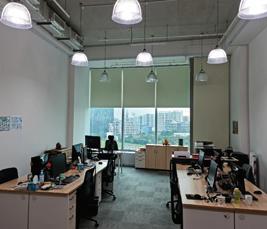
Supporting seafarers
Indeed, it’s the seafarers’ welfare that remains central to Mr Mohan’s thoughts while trying to keep Viridian Maritime on the right track. He observed: “Seafarers and seafaring continue to change and evolve, and with the current pandemic, we should not be
surprised that prospective young entrants further shun entry to the industry.
“Why would they, when they cannot get home on time, are endlessly quarantined in countries when they travel to embark a vessel, and with so much talk but little action to recognise them as essential workers? All these will have a cascading effect for years to come.”
He added: “Our approach has been to keep communication channels open with our seafarers and be patient to their concerns. Their emotional well-being is what ultimately affects their performance on board. With most of the team ashore having sailed on vessels, this understanding is essential, and we can bridge the gap better.”
When viewing the industry and its challenges, Mr Mohan focuses on what appears to be industry-wide issues; attracting and retaining talent, digitisation and the need for change.
“Concerning talent, look at the oil and gas industry which, over the last eight years, has suffered a ‘brain drain’ with many being made redundant and others moving away from the industry,” he said. “There remains a continued lack of talent across the sector.”
While the industry is moving in the right direction towards digitised ecofriendly assets, he believes there “remains a disconnect between the larger industry players and owners against the smaller to mid-sized owners.”
He explained: “Within a very short time span, there has been so much talk, information and movement within this space that everyone is playing catch up. Many are unclear among this myriad of information, papers and discussions. We suddenly see new building orders being placed, but there remains a clear gap within the industry towards its understanding and adoption.”
He added: “One thing that holds true is that only change is constant, and these changes do not seem to end. One of our industry’s challenges is to break away from the tried and tested business models to a more agile and nimble model.”
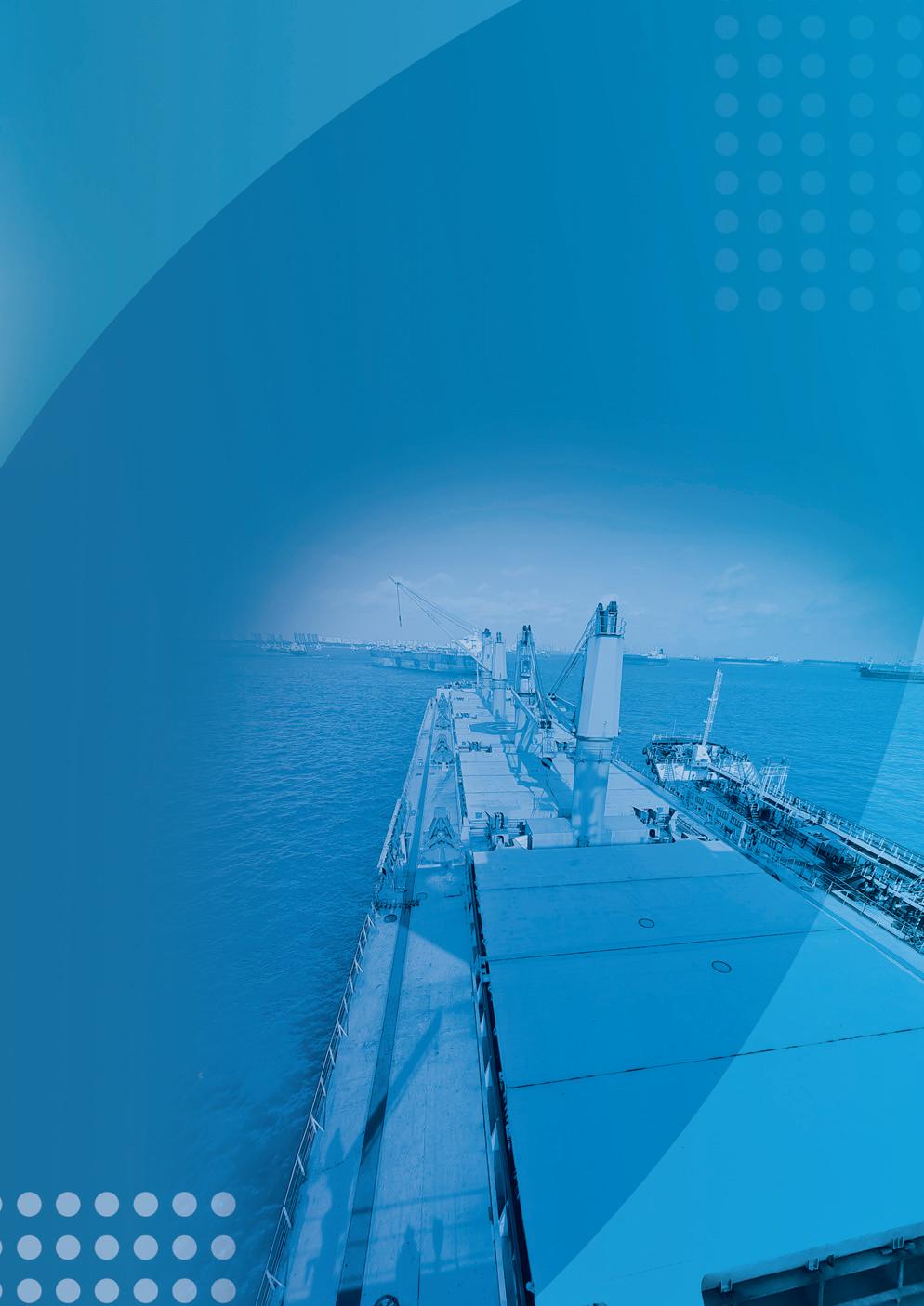
Receptive to industry changes
Of Viridian Maritime, he said: “We emphasise empowering our seafarers to increase their potential and their mentoring capabilities. This is also because many new designs and emission technologies are not being designed with seafarers in mind or the inputs from shore-based ship managers. Yet it will be managers like us who will have to adapt to operate these vessels safely and meet all expectations of industry stakeholders. Consultation is essential in working on planning ahead rather than preparation in the last stages.”
Mr Mohan continued: “The phrase ‘business-as-usual’ is obsolete. There is nothing ‘as-usual’ any longer. Viridian’s team continues to be adaptive and responsive to the requirements of our business, our clients and the industry.
“Equally, the old model that ‘we can do cheaper than you’ is changing towards a more agile, driven organisation; exceeding owners’ expectations while accepting that the regimen, landscape and expectations from operators and charterers to meet their minimum criteria has moved on.
He concluded: “With this, a shift in mindsets of service-oriented companies needs to change. Not just in promises made to bring a ship under management, but in demonstrating the delivery of those promises with tangible results. This is what Viridian Maritime is all about.” n










